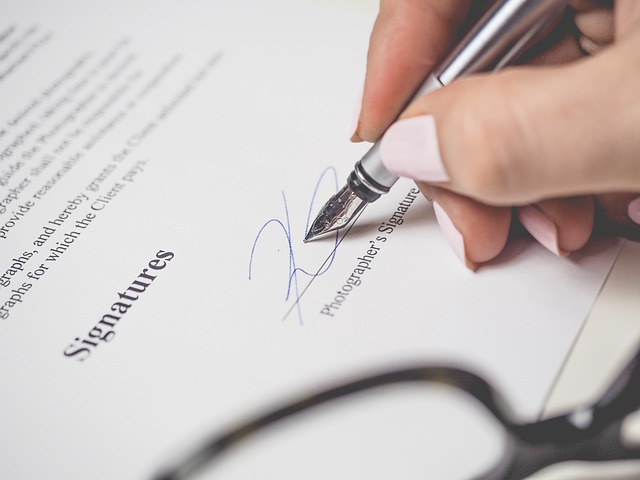Umbrella insurance is a crucial financial safety net that protects you and your assets from potential lawsuits and costly damages that might exceed your standard insurance policy’s limits. While many individuals and businesses might have heard of umbrella insurance, understanding its workings and benefits can be overwhelming.
In this comprehensive guide, we will demystify umbrella insurance, explore how it works, and delve into what it covers, providing valuable insights for readers seeking to safeguard their financial well-being.
What is Umbrella Insurance?

Umbrella insurance is an extra liability insurance policy that goes beyond the coverage limits of your existing policies, such as home insurance, auto insurance, or business insurance. It acts as a protective “umbrella” by extending liability coverage to a higher level, typically ranging from $1 million to $5 million or more. This additional coverage comes into play when a lawsuit or claim exceeds the limits of your primary insurance policies.
How Does Umbrella Insurance Work?
Let’s illustrate the working of umbrella insurance with an example. Suppose you have a standard auto insurance policy with liability coverage of $300,000, and you cause an accident that results in injuries to the other party, leading to a lawsuit demanding $1 million in damages. Without an umbrella policy, you’d be responsible for the remaining $700,000 that exceeds your auto insurance coverage.
However, if you have a $1 million umbrella insurance policy, it will kick in to cover the excess $700,000. In this scenario, you won’t have to deplete your savings or sell assets to meet the settlement demands.
What Does Umbrella Insurance Cover?
Umbrella insurance provides broad coverage across various liability areas. Some of the typical incidents covered include:
- Bodily Injury Liability: If someone is injured on your property or due to your actions, umbrella insurance can cover medical expenses, legal fees, and compensation for the injured party.
- Property Damage Liability: If you or a family member causes significant property damage to someone else’s belongings, umbrella insurance can cover the repair or replacement costs.
- Libel and Slander: If you face defamation claims for causing harm through spoken or written words, umbrella insurance can protect you legally and financially.
- Legal Defense Costs: Umbrella insurance covers your legal defense expenses, even if you are not found liable in the end.
Who Needs Umbrella Insurance?

Umbrella insurance is not limited to wealthy individuals or business owners. It is beneficial for anyone with substantial assets to protect, such as homeowners, vehicle owners, landlords, and high-income earners. Additionally, individuals engaged in activities that pose a higher risk of liability, like running a business or participating in volunteer work, can benefit greatly from an umbrella policy.
Conclusion (100 words): In conclusion, an umbrella insurance policy is an essential addition to your financial toolkit. It provides peace of mind and financial protection against unexpected and significant liability claims that can jeopardize your hard-earned assets.
By extending coverage beyond the limits of your existing insurance policies, umbrella insurance safeguards your financial well-being and shields you from life’s uncertainties.
As you evaluate your insurance needs, consider consulting a knowledgeable insurance agent to help you tailor an umbrella policy that aligns with your unique requirements and provides adequate coverage. Protect your assets and secure your future with umbrella insurance today.









